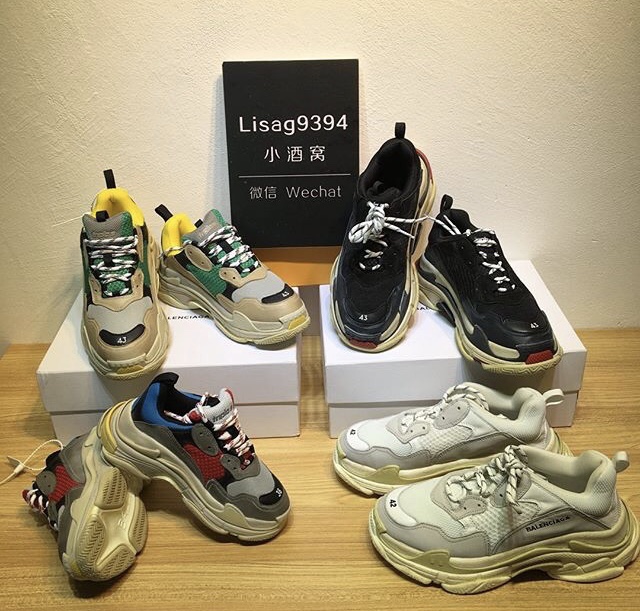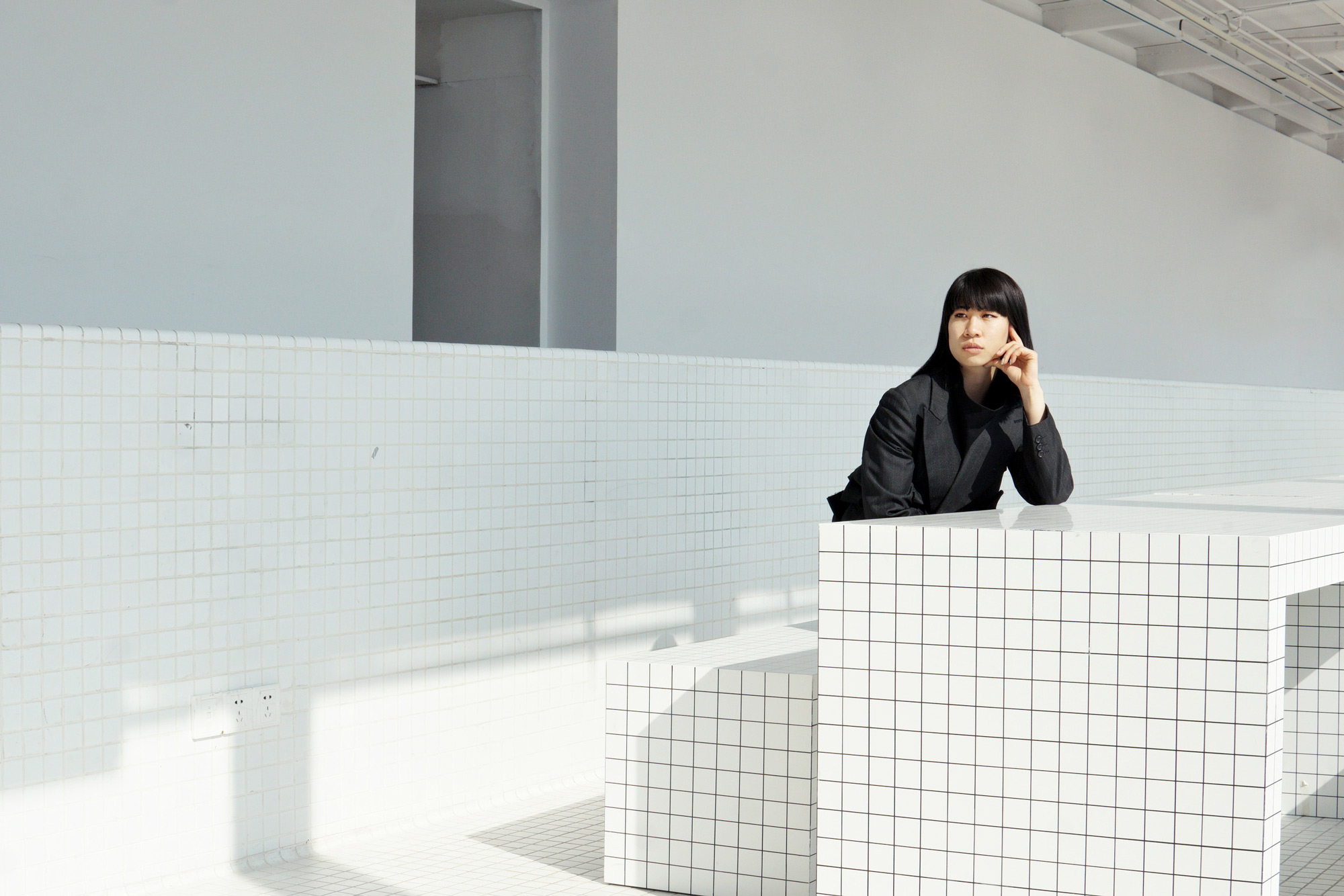The time is two in the morning. I am sitting on the plane as I am typing this, unable to fall asleep possibly due to the iced coffee I had just some hours ago. The scenery outside of my window is surreal. Dim specks of lights peppered the horizon. I cannot tell where the sea ends and the sky begins. I am not sure whether I am looking at passing ships, or the sight of a hundred galaxies, both so rarely seen in my day to day life.
The screen shows that we are passing over Ho Chi Minh City. I’m ever closer to the place I spent fifteen years in. A city I like but have never been in love with. Cold and sterile, it’s like marrying a boring dentist. That’s the answer I give people whenever they ask me what Singapore is like.
I return to editing these photos. The boy next to me is wide awake, curious as to what I am doing. “Big sister,” he quips all of a sudden, “are you studying photography or fashion design?”
“Both.” I responded in surprise. “I design clothes but I also shoot them myself.” He is accompanied by his older sister, who reminds me of me in the way I took care of my own younger brother – with tough love to whip him into shape.
Being back in Singapore where I spent 15 years of my life presented an interesting contrast against China. Most of the island nation-state have been developed; there is very little room for further creation and construction, unless destruction is involved. In contrast, China is still building itself, though at a much slower pace than when it first opened its doors to foreign investors in 1978 with the dawn of Deng Xiao Peng’s Open Door Policy. Within a span of four decades, over 600 million people (the magic number often thrown about in statistical reports) were lifted out of poverty – that’s twice the size of United States. The average Chinese person is more than twice as well off now as they were twelve years ago.
I live in one of the oldest neighbourhoods of Shanghai, once upon a time built and run by the French. Despite its antiquity and the local municipality’s quest for preservation of historical sites, anything that wasn’t built between the 18th and 20th Centuries gets torn down every decade. Those that escape destruction get gutted out every few years or so whenever the lease changes hands. Change happens as quickly as the 300km/h high-speed rail that moves this nation.

Growth and prosperity are almost always good for the welfare of a nation. The idea of a poor farmer now able to feed his family and send his children off to school warms our cold, distant hearts. That young women from poor villages can go to universities and find jobs that pay a living wage make our feminist souls flutter with pride. But when the growth of prosperity far surpasses the development of sociocultural dimensions of a country, a different set of cultural phenomena bubbles up to the surface.
A little over a year ago as I was searching for an apartment, I had seen my fair share of living conditions and attitudes that – despite being in an expensive city – are barely different from the working classes of Jakarta. Mountains of belongings piled up in a mess in the doorway; toys are strewn all over the floor (do children really need that many things?); cumbersome redwood furniture are a common sight for living rooms that are disproportionately too small.
Not only that. Just because a condominium looks super fancy from the outside, it does not imply that the interior is equally well-built. Whether in Shanghai, Nanjing or Suzhou, real estate developers erect shiny structures that completely neglect the interior. Lobbies are left to rot and deteriorate, common spaces are badly managed. The next best option for a compound that is well-managed requires a jump in social mobility, from being a typical middle class to earning the salaries of the upper echelons. And by today’s standards in China, that’s a massive jump. To most real estate developers, the living experiences of the inhabitants do not matter as much as the sales of the properties. What’s important is selling a gold-plated façade.
It is from these observations I have made over my short years living in China that became my starting point into researching how the consumption practices of the urban class have developed.

Bolstering Materialism and Conspicuous Consumption
When I first moved to Shanghai, I was taking private lessons to refresh my Mandarin. My teacher was a Shanghainese lady in her late thirties and single. By China’s standards she would be considered one of the leftover women – so am I – being over twenty five and unmarried. She spoke of how parents of young Chinese men would give major financial assistance to their sons so they could buy a home in order to attain a wife. We also discussed on the topic of matchmaking services. Men and women are ranked according to their looks, financial wealth and educational background. Gender norms come into play as typically men would accept women of the same or lower rank than them, and women would not consider men who are of lower rank. The higher the ranks attained, the higher the fees on both parties. Though these may be anecdotal hearsay, it is corroborated by the information being advertised on the real life Tinder market in Shanghai. Parents and grandparents put up umbrella ‘stands’ to advertise their unmarried children and grandchildren. The most common information that is offered is age, height, education and work background. Photos are only available upon request.
In China, the quest to have a relatively satisfactory life is full of challenges. Like a typical collectivist society, keeping up with the Ah Lings and Ah Mings is more important than carving one’s personal definition of success. And one’s self-worth is dependent on financial status and building a family. The former to impress society, the latter to appease one’s family. For the urban men of China, without a home under one’s name, one cannot find a wife. Without a wife, one cannot start a family. Without a family, one cannot appease one’s parents and relatives. Women on the other hand are pressured to marry by early twenties. If they are from a poorer background, they strive to find a husband that earns enough to guarantee a financial security. The growing number of highly-educated women who are financially independent may be able to stave off the parental pressure for a few more years, but gender norms still apply so they too would search for a husband who is of the same social status or higher. And in China it equates to wealth and upbringing.
A Knee-Jerk Reaction
The pace of economic change is so massive that the attitudes have not adjusted as quickly as the economies. Prosperity have come so rapidly that they behave with the hunger of societies that are poor even though they have already become rich. Public welfare system has not adjusted to reflect the needs of the current crop of workforce, thus many older people are still working extremely hard, and do not take the future for granted. They have less faith in the future as they have experienced the Great Leap (back)wards, the tumultuous economic reforms that left a death toll of 30-50 million people. Because of this historical trauma, a common trait of hoarding can be observed amongst the older generations. One never knows when one could get a particular knick-knack from overseas again, or when the need for a plate bearing one’s portrait taken on a touristy spot comes up.
It has been pointed out that the Chinese people’s single-minded focus on financial security can be traced back to the majority of the population’s experiences with poverty and the country’s lack of social welfare system in place. From this vantage point, becoming materialistic or desiring wealth may seem like a rational after-effect. But there is also a traditional side to it, and that is the Chinese concept of face. One’s ability to have ‘face’ in an ordinary Chinese community is dependent on the brands that one can afford.
Milking Money from The Masses
Tribe leaders always exist any strata, but their influence is more strongly felt in collectivist societies. Within China, that power shifted from the emperor, to the communist and community leaders, to the parents, and now to online influencers, known-locally as key opinion leaders.
Take for example the beauty industry in China. Young women in their early 20s are targeted by companies to care about ageing skin so they would spend beyond what their monthly salaries can afford them. From serums to creams, oils and pills, magic pseudo-science slogans are thrown about so that ignorant women would consume these products, further perpetuating the myths of how our skin actually works and the extent to which chemicals would affect our face. Chinese consumers may have wisened up to fake eggs, fake milk and fake rice, but they are still falling for fake science. Nefarious international companies (here’s looking at you L’oreal) target Chinese women by using online influencers as advertising vehicles, knowing that local regulations do not require disclosure of paid ads. Chinese women have greater faith in online personalities whom they have emotional investments in. Combine that with the power of word of mouth marketing from their peer groups who are more than likely to be following the same group of online personalities, companies found the perfect recipe to sell the solution to women’s insecurities and image issues in the form of overpriced chemicals.
It’s a common sight to see Weibo beauty queens advertising an identical product within the same period, resulting in a massive sell-out, from China to Hong Kong, from Taiwan to Seoul. Young Chinese consumers do not hesitate to buy from overseas proxies or search high and low for the advertised product while traveling. Young college women have resorted to borrowing money by using their nudes as collaterals, with invariably disastrous consequences. While some borrowed for legitimate reasons such as college expenses and abortions, many are suspected to be funding their make-up addictions. The thirst is very real.
Keeping Up with The Ah Mings and Ah Lings
IPSOS poll in 2013 showed that 71% of Mainland Chinese thought that success is gauged by the things that one owns, while the global average lies at a meagre 34%. It is no surprise then that the face-conscious Chinese are not shy when it comes to material pursuits; amassing objects and status symbols that denote that they have arrived at the land of prosperity and wealth.

Bain and McKinsey consumer reports eagerly stated that Chinese consumers are getting more picky in their consumption, weaning off Louis Vuitton and leaning more into discreet luxury products. That, and wanting to spend more on experiences and bringing happiness to their families and friends. What they fail to explicitly mention is that both are still a form of status-driven consumption. The super rich are trading their run-of-the-mill Mercedes for a Maybach, their BAPE for Rick Owens.
And much like their Western counterparts, the Chinese are more eager to document their travels than to experience the experience. Any tourist spots within China are full of domestic tourists with their arms outstretched holding on to their larger than life phone screens. Some intellects say that technology shapes us. It might not be too farfetched to say that technology will teach babies how to take selfies first before they can walk. For the urbanites, aesthetically-pleasing cafes are full of young women taking endless selfies while letting their expensive coffees get cold. Some months ago, I accidentally ended up in a newly-opened cafe that plans to change its theme every month. The goal: to entice the youths to drop by for selfie sessions frequently. It was owned by a Shanghainese middle-aged lady who owned a football team. She was wearing a pair of Vetements socks and Gucci shoes.
The quest to keep up with the Ah Mings and Ah Lings is very real and very draining. Young people are constantly driven to make money to have a sense of belonging in the tribe they wish to be seen in. The culture of materialism creates a society that is too ignorant and/or too tired to do a critical examination of one’s behaviour. The weary masses then look down on their phones to open a notification sent by Taobao, reminding them that they are missing out on a pair of ‘super hot’ shoes. And so the cycle continues.

This behaviour is no different from the self-absorbed consumption practices of industrialised Western nations. China is merely following the same trajectory of countries who had walked down the path of economic development within the last century. The Chinese seek out self-worth through wealth and possessions. Western individualised cultures once went through that phase. Now they seek out self-worth through personal achievements and number of followers on social media, the latter which involves its own set of problematic consumption patterns.
Rampant consumption is a problem regardless of how it manifests in different cultures, because they way we consume is still environmentally unsustainable. It also preys on the worst of humanity’s shortcomings, targeting our insecurities and vulnerabilities. The result is a whirlpool of social ills that permeate individuals and society on the whole. As I am typing this, the gap between rich and poor are widening at an alarming rate within China.
The problem of conspicuous consumption is far more obvious in the land of the Middle Kingdom because of the ‘face’ culture that demands high visibility of one’s wealth. Collectivism in China can potentially be used for the greater good, keeping each others’ greed in check while making sure the country prospers together. But in this materialist country, it is now being used as a basis of comparison to attain one’s sense of achievement. The current working generation of the country has to prove to their neighbours, families and friends that they have arrived – preferably in a Ferrari 599.








An interesting read.
Whence comes the italicized paragraph quoting “But there is also a traditional side to it, and that is the Chinese concept of face”?
The statement seems contradicted by the referenced IPSOS poll. I’m no expert, but I believe the concept of ‘face’ is also dominant in Korea (Chemyon?) and Japan. But if we look at the IPSOS results, the question relating success to possessions almost explicitly follows the rule of developed country = less materialistic, while developing = more materaliastic. China, Korea, and Japan rate at 71%, 45%, and 22% respectively.
You touched on Singapore in the article, and since it boasts predominantly Chinese ancestry in a developed state, what are your opinions on residents’ attitudes towards materialism there (compared to China)?
Feel comfortable using any amount of wild speculation, hearsay, or hazy anecdotes if you have time to reply.